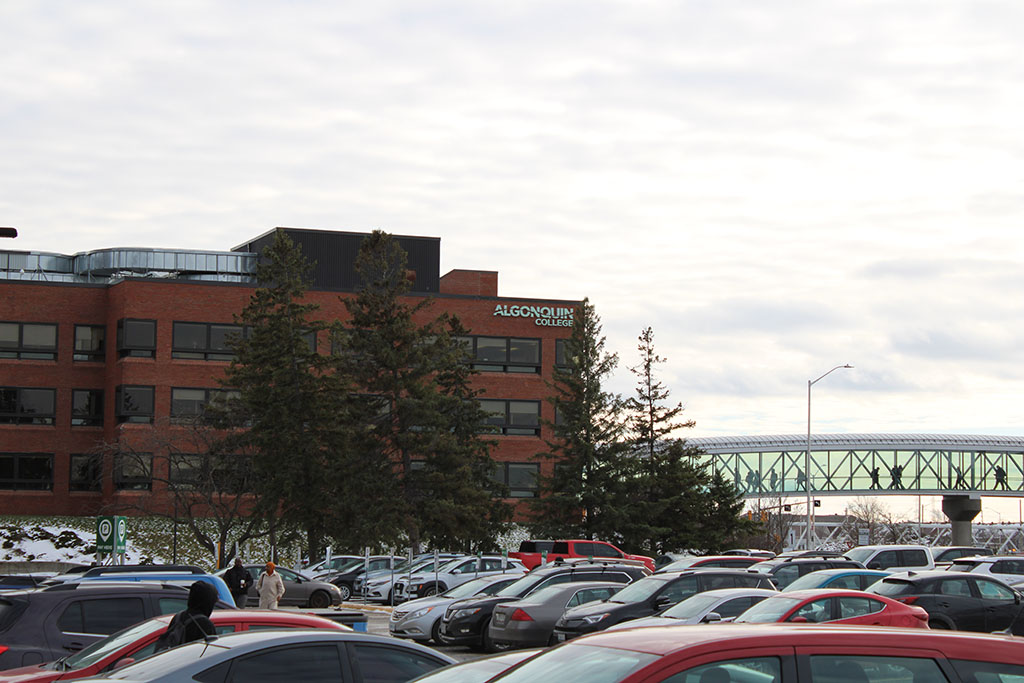International students being unfairly charged for tuition, advocates say

The disparity between tuition fees for domestic and international students at Ontario’s colleges remains unacceptably high, #NeedOrGreed advocates say.
International student advocacy group #NeedorGreed spokesperson Tima Shah said government officials and college administers recognize international students are not currently taxpayers or voters and “those different items are used to justify the really high tuition that international students have.”
International students at Ontario colleges pay on average over four times as much for tuition as their domestic cohorts.
According to the 2021 Auditor General of Ontario report on public colleges oversight, the average domestic student paid $3,228 during the 2020/21 academic year.
The average international student’s fees amounted to $14,306.00 during the same period.
During the 2020/21 academic year, the average domestic student was charged 10 per cent less for tuition than in 2018/19, whereas the average international student was charged 8 per cent more for tuition between the 2020/21 and 2018/19 academic years.

Since the 2020/21 academic year, domestic students have seen their tuition fees steadily decrease through Ontario government-mandated tuition freezes that are set to extend through 2022/23. Intended to make postsecondary education more affordable, tuition freezes prohibit tuition cost increases for the students they apply to.
International students have not been included within mandated tuition freezes to this point.
Damien Dunn, acting director of Algonquin College’s International Education Centre, said freezing international student fees could create financial pressures for the college that could affect the quality of services provided to students.
“The same program delivery and college operational costs exist for international students and freezing their fees would create financial challenges as our tuition revenue would not keep pace with inflation and rising operational costs,” Dunne said through email.
Ontario colleges are increasingly reliant on international student tuition fees as a revenue source. From the 2011/12 academic year to the 2020/21 academic year, international tuition fees grew from eight per cent to 33 per cent of total revenue sources for Ontario public colleges, according to the 2021 Auditor General’s report.
Data released by Statistics Canada highlight the funding impact. In the 2001/02 academic year, public funding made up 52.5 per cent of total revenue for Ontario colleges. By the 2019/20 academic year, that figure had dropped to 32.2 per cent.
In comparison, the province or territory with the next lowest percentage of public funding in 2019/20, British Columbia, went from 64 per cent to 49.3 per cent over the same period.
“This isn’t happening the same way in other provinces,” Shah said. “Other provinces have a lot more reliance on government funding, and a lot less differential between domestic and international tuition.”
According to the 2021 Auditor General Report, Ontario public college boards have “full discretion to set tuition fees for programs as long as the year-over-year increases do not exceed 20 per cent during the time period the international students are reasonably expected to complete the programs.”
Among other things, #NeedOrGreed is advocating for the freezing of international student tuition fees for the next academic year and limiting future increases in tuition to the three per cent annual maximum applicable to domestic students.
“In Ontario, we are in this situation where our public colleges are relying so heavily on international funding,” Shah stated. “And that’s concerning because how far will that go and is that sustainable, is that reasonable and is that responsible?”








